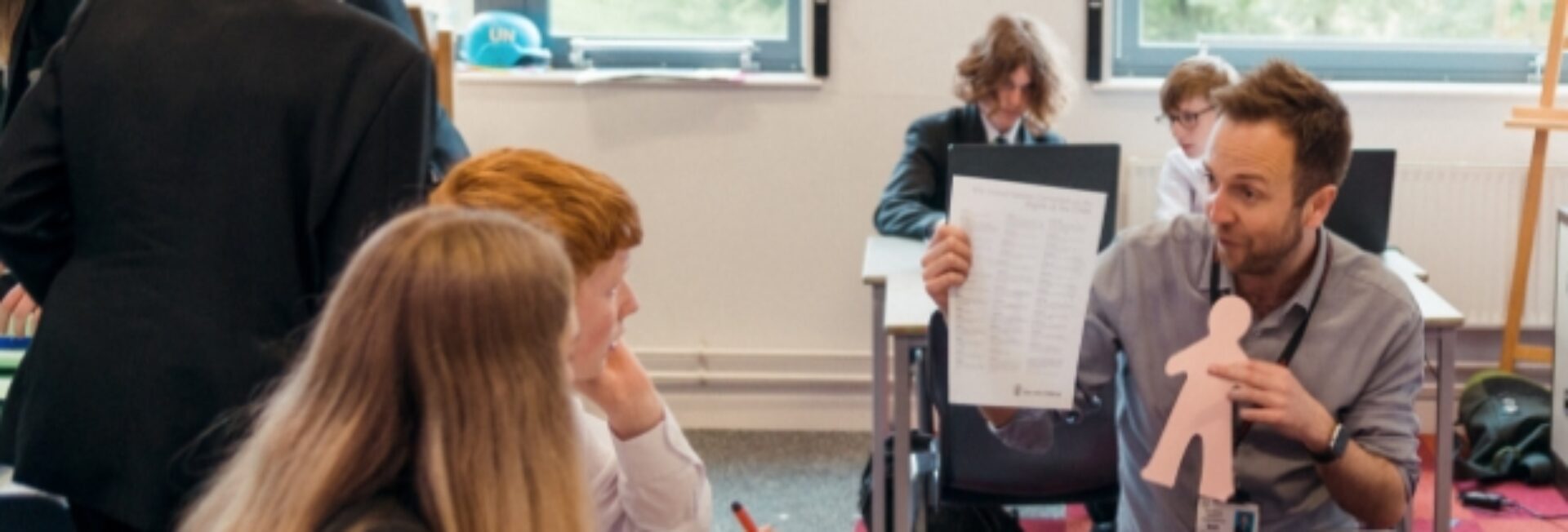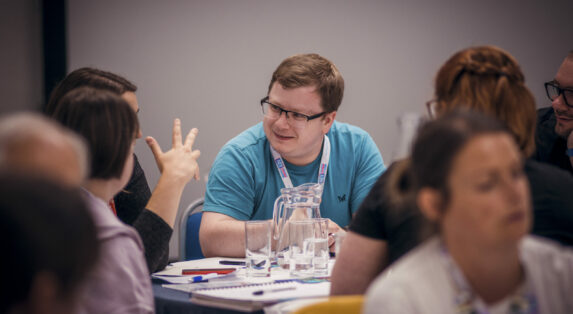
Teaching Citizenship
Addressing a wide range of topical and often sensitive and controversial issues Citizenship requires a confident teacher who creates an open classroom climate.
Developing good subject knowledge and pedagogy
Citizenship, as with other curriculum subjects, has a distinct body of knowledge, understanding and skills. The subject is built around core concepts and processes which help pupils to make progress.
Concepts are used to identify the key ideas that learners need to understand in order to deepen and broaden their knowledge and understanding in Citizenship.
Liz Moorse
Chief Executive, ACT
Effective citizenship teaching requires good subject knowledge and a range of teaching approaches and pedagogies including:
- Enquiry and research
- Critical thinking
- Open classroom climate
- Deliberation, debate and oracy
- Advocacy and representation
- Active citizenship.
Both within the National Curriculum for Citizenship and GCSE Citizenship Studies, teaching addresses a wide range of topical issues. This requires a confident teacher who can create an open classroom climate and knows what to do to manage discussions and debates on sensitive and controversial topics.
To help you get started with Citizenship and to support you in developing your subject knowledge we have developed a series of Curriculum briefings.
- Find out more about managing classroom discussion and debate
- Download our guide to help schools ensure political impartiality when teaching Citizenship
- Join our CPD to develop your Citizenship pedagogy
- Read more about teaching GCSE Citizenship Studies


